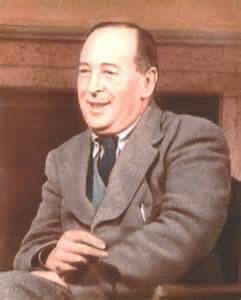 I found the following C. S. Lewis quote in Forum Letter, volume 42 Number 10 (October 2016).
I found the following C. S. Lewis quote in Forum Letter, volume 42 Number 10 (October 2016).
But the most obvious fact about praise – whether of God or anything – strangely escaped me. I thought of it in terms of compliment, approval, or the giving of honour. I had never noticed that all enjoyment spontaneously overflows into praise unless (sometimes even if) shyness or the fear of boring others is deliberately brought in to check it. … I had not noticed how the humblest, and at the same time most balanced and capacious minds, praised most, while the cranks, misfits and malcontents praised least. The good critics found something to praise in many imperfect works; the bad ones continually narrowed the list of books we might be allowed to read. The healthy and unaffected man, even if luxuriously brought up and widely experienced in good cookery, could praise a very modest meal; the dyspeptic and the snob found fault with all. Except where intolerably adverse circumstances interfere, praise almost seems to be inner health made audible. Nor does it cease to be so when, through lack of skill, the forms of its expression are very uncouth or even ridiculous. – C. S. Lewis, Reflections on the Psalms (Harcourt, Brace & World, Inc., 1958), 93-94
